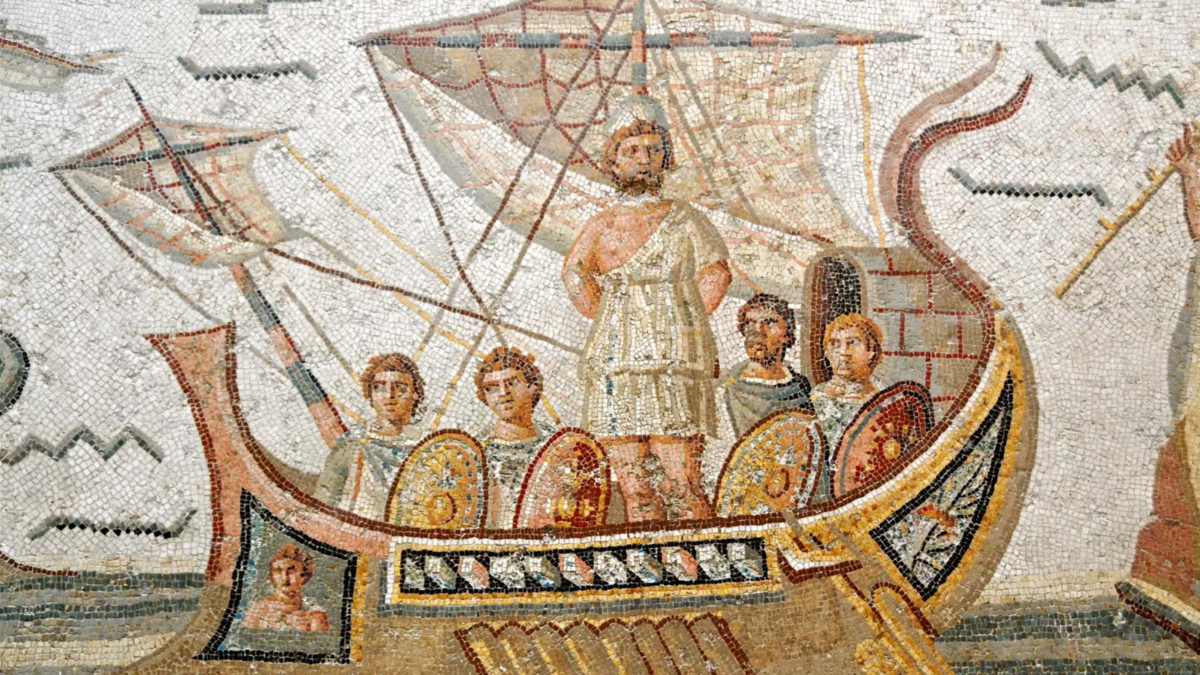Greek myths have often been a source of inspiration for writers. And there is no work more influential than Homer’s epic poems.
The Iliad and The Odyssey both tell epic stories that feature Greek gods interacting with mortals. These characters are still discussed in schools today as well as reflected in modern fiction. Rick Riordan’s Percy Jackson and the Olympians features an expansive world of demigods, while books such as Circe reimagine classic works. The latter features the witch queen Circe, who is regarded in modern society as a powerful villain intent on keeping Odysseus from home. The book instead depicts these events from Circe’s perspective, demonstrating the double standard of the times.
Circe is one stop among many that Odysseus makes, though certainly not on purpose. For ten years, he attempts to return to his home in Ithaca after leaving in one of the most significant stories of Greek history.
Why did Odysseus leave home in the first place?

To get to the heart of Odysseus’… well, Odyssey, readers will have to journey back to the poem that started it all. Odysseus first leaves home because of the famed Trojan War. Depicted in The Iliad and more recent – and inaccurate – portrayals, such as Troy, Odysseus is a Greek king fighting against the Trojans. The war has raged for almost a decade after Paris takes Helen from her Spartan husband, Menelaus. Though unclear if Helen went willingly or not, it nonetheless started a war that seemed unwinnable.
Odysseus leaves Ithaca and his own wife, Penelope, to aid the Greeks in getting Helen back from Troy. And the rest, as they say, is history. While Greece remains, Troy is ultimately decimated. The few escaping Trojans eventually laid the groundwork for Rome to be founded. Odysseus also has a major claim to fame in the story. Odysseus is the one who devises the plan of the Trojan Horse. Now a well-known colloquialism, the horse was a form of trickery that the Greeks used in the war. Offering the Trojans a gift of a large hollow horse, the Greeks hide inside and bide their time to strike as the Trojans bring them into the city.
But for all his contributions, Odysseus has an even more difficult time in other texts. As portrayed in The Odyssey, it takes him just as long to return home to his wife. After encountering sirens, witches, and sea monsters, the hero finally makes it home to arguably the most loyal wife in the history of literature. Odysseus’ journey is such a hallmark of the written word that it is still discussed today with many variations on the classic story.

